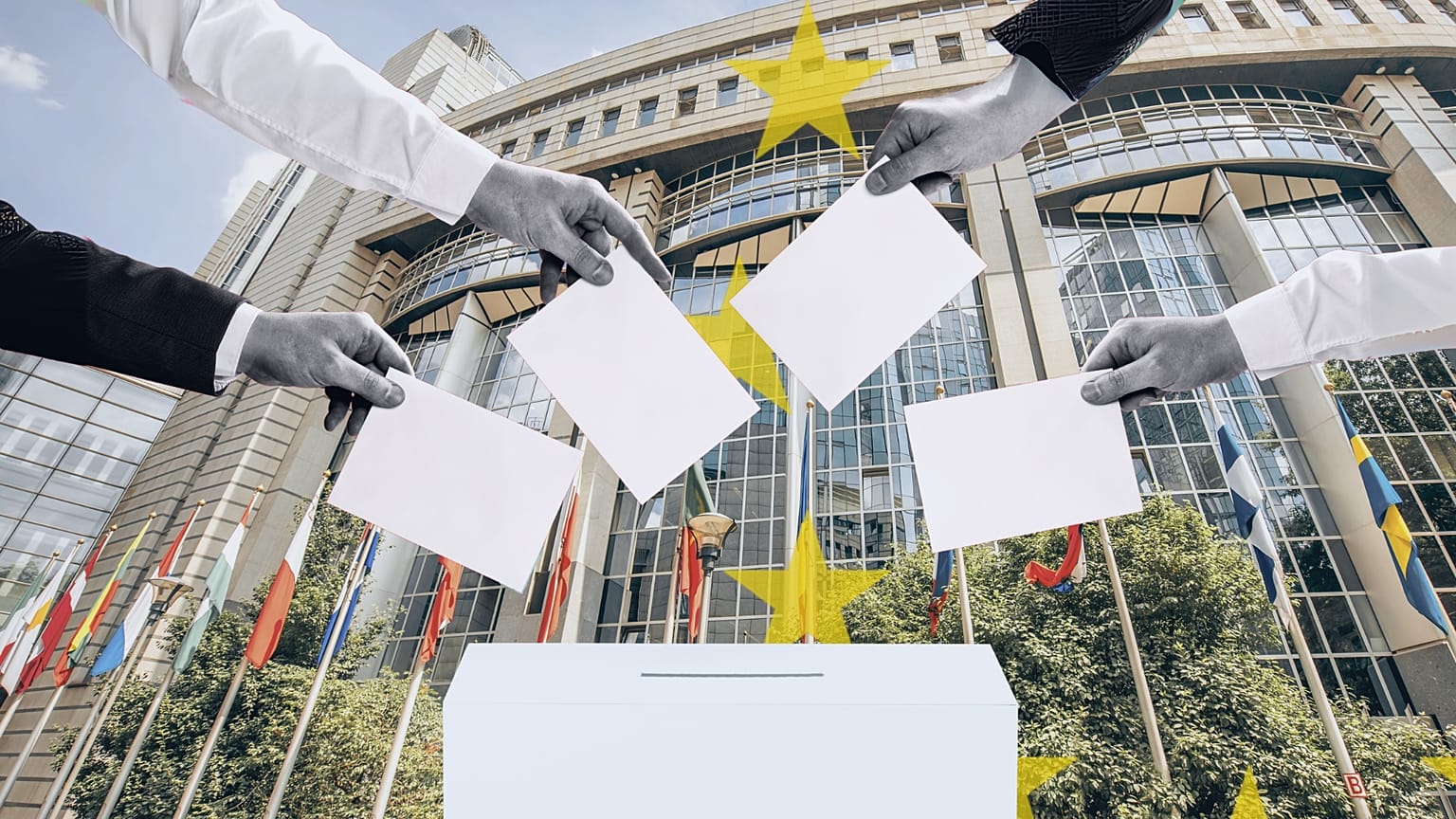Do you have questions about the upcoming European elections? This explainer is for you.
The elections for the European Parliament take place 6-9 June 2024. It is the only directly elected institution of the European Union. But how exactly do these elections work?
 ADVERTISEMENT
ADVERTISEMENT
 ADVERTISEMENT
ADVERTISEMENT
The elections are held every five years, giving the 447 million citizens in the bloc's 27 member states the opportunity to choose who will represent them in the European Parliament.
How many MEPs does each country elect? And how are they elected?
The European Parliament elections use a proportional representation system, where each member state is allocated a certain number of seats based on its population size.
But not all the member states vote the same way. Some countries vote for parties, who have selected a fixed list of candidates to appear on the ballot paper.
Other countries have more open lists where voters choose a party or indicate who their favourite candidate ıs.
Additionally, there is also the single transferable vote, where electors choose as many candidates as they like and number them by preference.
What happens after the elections?
Once elected, they will serve a five-year term and spend their time between European Parliament meetings in Strasbourg and Brussels.
MEPs representing different countries and regions sit in transnational groups according to their political ideology.
For example, there are groupings to represent the centre-right, socialists, greens and eurosceptics.
The largest political grouping after the elections has the strongest mandate to have its choice head up the commission.
The European Council, comprising representatives of EU countries, first votes on a nominee chosen after taking into account the election result.
If they approve the candidate, it goes to the European Parliament, where he or she must get the support of a majority of MEPs.
What does the European Parliament do?
The parliament directly shapes EU legislation, policies, and budgets, reflecting the democratic voice of almost half a billion citizens across Europe.
But regardless of its importance, EU election turnout has been on a downward trend, dropping significantly from the 62% recorded four decades ago.
This decline has persisted despite a handful of countries having compulsory voting, including Belgium, Greece, and Bulgaria.
In 2019, voter turnout increased with just over half of eligible voters participating.














